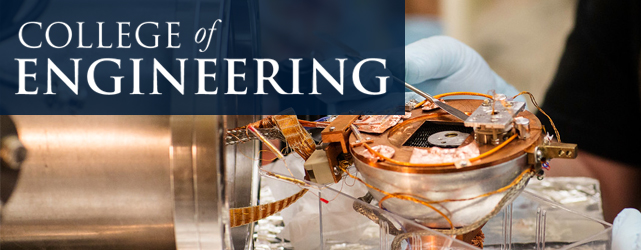Experimental Measurement and Numerical Modeling of the Effective Thermal Conductivity of TRISO Fuel Compacts
Document Type
Article
Journal/Book Title/Conference
Journal of Nuclear Materials
Volume
458
Publication Date
1-1-2015
First Page
198
Last Page
205
Abstract
Accurate modeling capability of thermal conductivity of tristructural-isotropic (TRISO) fuel compacts is important to fuel performance modeling and safety of Generation IV reactors. To date, the effective thermal conductivity (ETC) of TRISO fuel compacts has not been measured directly. The composite fuel is a complicated structure comprised of layered particles in a graphite matrix. In this work, finite element modeling is used to validate an analytic ETC model for application to the composite fuel material for particle-volume fractions up to 40%. The effect of each individual layer of a TRISO particle is analyzed showing that the overall ETC of the compact is most sensitive to the outer layer constituent. In conjunction with the modeling results, the thermal conductivity of matrix–graphite compacts and the ETC of surrogate TRISO fuel compacts have been successfully measured using a previously developed measurement system. The ETC of the surrogate fuel compacts varies between 50 and 30 W m−1 K−1 over a temperature range of 50–600 °C. As a result of the numerical modeling and experimental measurements of the fuel compacts, a new model and approach for analyzing the effect of compact constituent materials on ETC is proposed that can estimate the fuel compact ETC with approximately 15–20% more accuracy than the old method. Using the ETC model with measured thermal conductivity of the graphite matrix-only material indicate that, in the composite form, the matrix material has a much greater thermal conductivity, which is attributed to the high anisotropy of graphite thermal conductivity. Therefore, simpler measurements of individual TRISO compact constituents combined with an analytic ETC model, will not provide accurate predictions of overall ETC of the compacts emphasizing the need for measurements of composite, surrogate compacts.
Recommended Citation
Folsom, C.; Xing, C.; Jensen, C.; Ban, Heng; and Marshall, D., "Experimental Measurement and Numerical Modeling of the Effective Thermal Conductivity of TRISO Fuel Compacts" (2015). Mechanical and Aerospace Engineering Faculty Publications. Paper 124.
https://digitalcommons.usu.edu/mae_facpub/124


